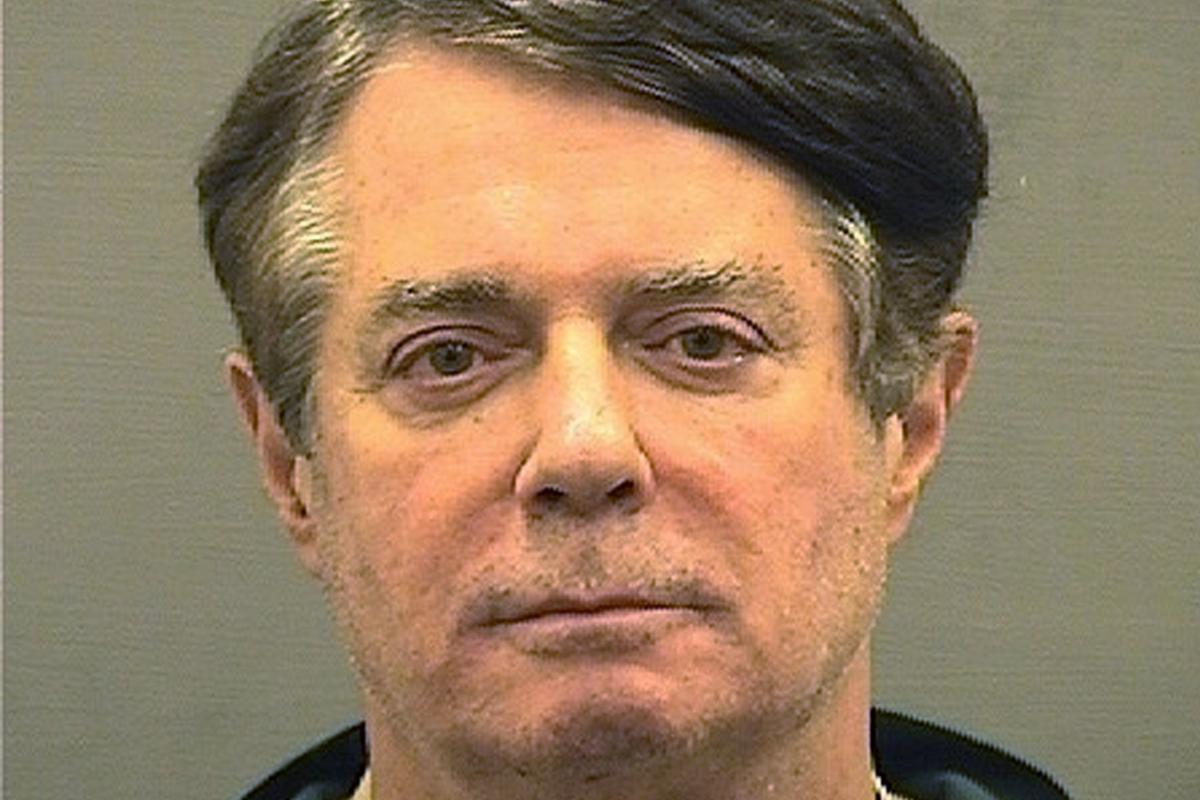
Disgraced United States lobbyist Paul Manafort plotted with partners in Ukraine to rig that country's largest telecommunications privatization deal, which would have netted him a large payoff had he found financing, according to emails obtained by OCCRP.
After Manafort's search for investors fell through, the deal went ahead without him. When Ukrtelecom, Ukraine's public telephone operator, was finally privatized, one of the buyers appears to have been Dmytro Firtash, a gas and media mogul who is fighting extradition from Austria to the United States on corruption charges, OCCRP reports.
Manafort, who is now serving a prison sentence for tax and bank fraud offenses, was for a time chairman of U.S. President Donald Trump's 2016 campaign. His conviction stemmed from the U.S. Department of Justice investigation led by Robert Mueller into Russian interference in the 2016 election.
Manafort has a long history in U.S. politics and business, and a network of connections spanning the globe. His relationship to Ukraine stretches back to the early 2000s, and he was involved in efforts to elect Viktor Yanukovych as president in 2010.
During that campaign, Manafort worked closely with two local politicians: Yulia Liovochkina, a member of parliament, and her brother, Serhiy Liovochkin, who became Yanukovych's chief of staff. Manafort and the Liovochkin siblings lost no time in planning deals to capitalize on Yanukovych's victory, according to thousands of emails leaked to OCCRP that document a decade of correspondence between those three and others.
Seven months after Yanukovych won the election, Liovochkina wrote to Manafort about the planned Ukrtelecom privatization, suggesting that their influence on the bidding process could enable them to snap up the company at a favorable rate.
The leaked emails also reveal that Serhiy Liovochkin was the secret funder of a lobbying campaign Paul Manafort orchestrated in the European Union.
The leaked emails also reveal that, through a proxy, Serhiy Liovochkin and Yulia Liovochkina were co-owners of a Latvian bank that hosted the Russian Laundromat, a vast financial scheme unmasked by OCCRP in 2014.
Lawyer Dan Shefet represents the Liovochkins, who today are both members of Ukraine's parliament, where Serhiy is one of the leaders of the country's largest opposition party. Shefet rejected any suggestion that Serhiy Liovochkin was involved in manipulating the telecom privatization, responding with a "clear, emphatic and unequivocal rejection of any and all of the ill-concealed accusations in question."
In a message sent from her parliamentary e-mail address, which was CC'd to Shefet, Liovochkina told OCCRP that she had neither written nor ever seen the letter that had been sent from her account. She called the leak of the emails an attempt "to destabilize the political scene in Ukraine by defaming duly elected Members of Parliament and thereby inciting discord and distrust."
In the end, the sole offer came from the European Privatization Investment Corporation (EPIC), a little-known investment firm based in Vienna. While Ukrtelecom had estimated its own value at $2 billion in the run-up to the privatization, EPIC acquired it for just over the minimum bid of $1.3 billion.
Read alsoManafort pushed Ukraine hacking theory – media
At the time, EPIC co-owner and managing partner Peter Goldscheider told London’s Financial Times newspaper that the company was not a proxy for any oligarch and that the tender had been fair.
Goldscheider told OCCRP that ongoing litigation and a non-disclosure agreement prevented him from commenting.
But evidence obtained by OCCRP contains clues about who was behind EPIC.
In November 2010, just a few weeks before the privatization, Yulia Liovochkina had written to Manafort: "This is to inform you that we introduced our bidder. There was no possibility to wait any longer."
In its privatization bid, EPIC declared its beneficiaries to be Goldscheider and his four co-owners. But corporate records show that just two years after acquiring Ukrtelecom, EPIC's role in the ownership structure was replaced by a Cyprus-registered firm called Raga Establishment.
The offshore firm's holding companies are also listed as holding companies for Group DF, a conglomerate owned by Ukrainian gas and media mogul Dmytro Firtash. Serhiy Liovochkin holds a stake in Ostchem, Group DF's chemicals and fertilizers subsidiary.
In June 2013, Raga sold Ukrtelecom to System Capital Management (SCM), a company owned by Rinat Akhmetov, one of Ukraine's wealthiest citizens, for $886 million. But the deal went bad and Raga sued SCM in London and Cypriot courts, having received just one installment of $100 million.
SCM said Raga had failed to fulfill commitments to invest in Ukrtelecom's infrastructure, raising the risk that the company would be repossessed by the state.
In its lawsuit against SCM, Raga declared that its sole beneficiary at the time of the sale was a Ukrainian banker named Denys Gorbunenko. SCM, in turn, argued to the court that Gorbunenko was a Firtash proxy.
Leaked emails show further links between Gorbunenko and Firtash: Gorbunenko took part in efforts by Firtash's legal and public relations teams to build a defense case following Firtash's 2014 arrest in Vienna on charges that he had paid bribes to acquire a titanium mining permit in India.
While Manafort was unsuccessful in cashing in on the telecommunications privatization scheme, it was not his first time doing business with Firtash. In 2009, the two men discussed the possibility of establishing an international fund to buy distressed properties, according to the leaked emails.
That same year, Manafort ended an email to Firtash with an optimistic salutation: "Our friendship and partnership will last for many years to come. To our current and future successes!"

